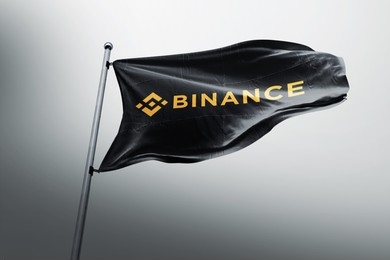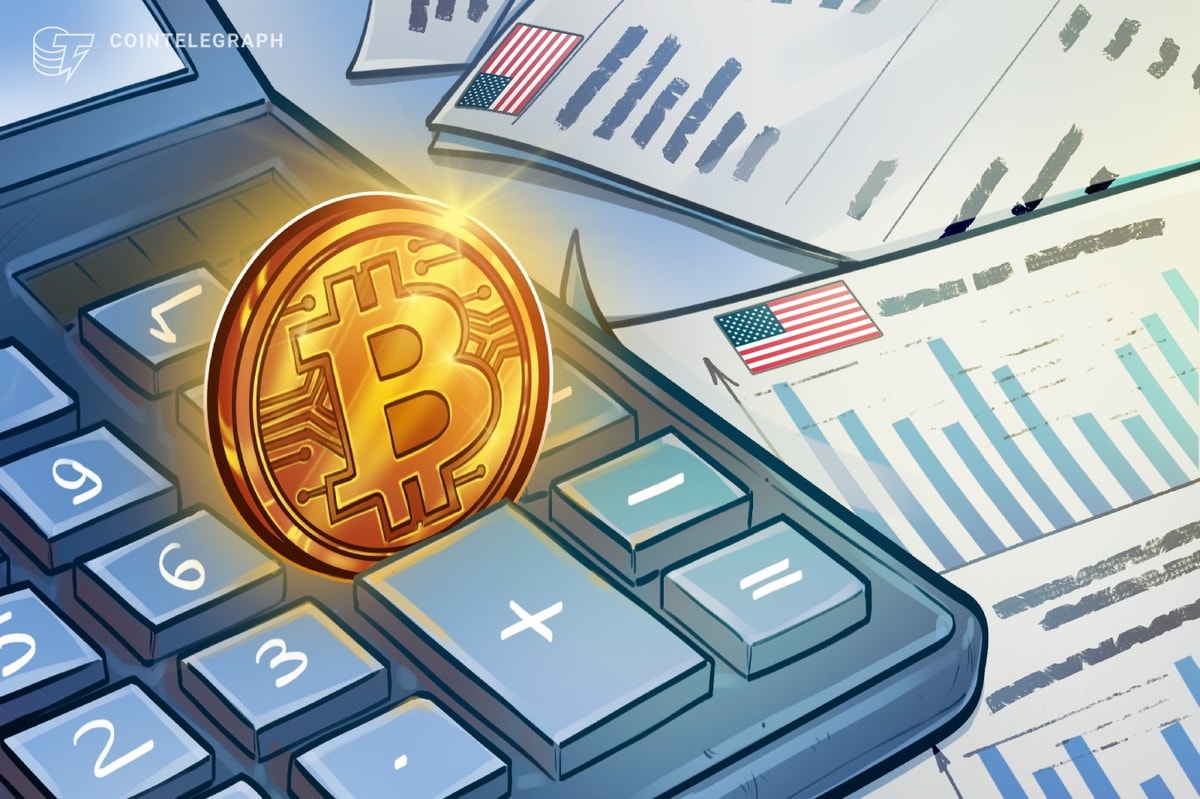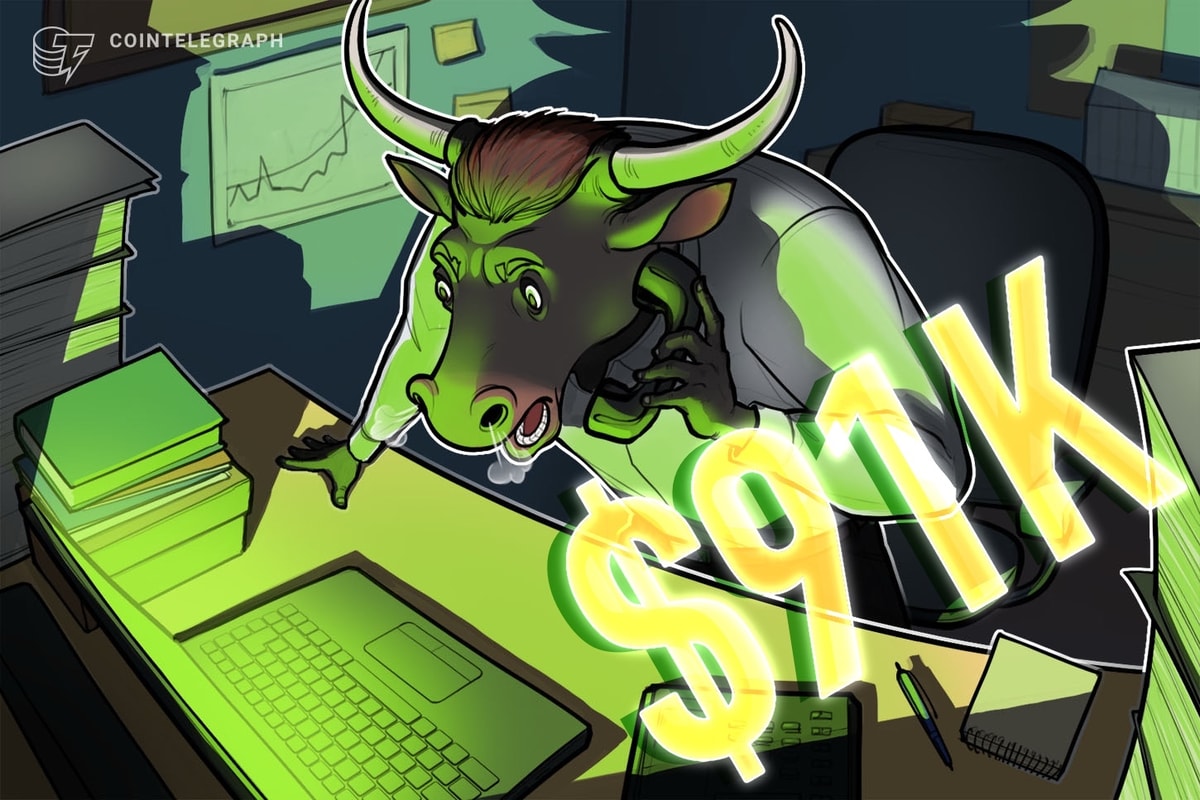In a recent interview with CNBC, Binance’s CEO, Richard Teng, addressed the company’s “cultural issues” and its commitment to compliance following a $4.3 billion fine settlement with the US Department of Justice (DOJ).
Teng also highlighted Binance’s transition to “greater maturity” and plans for the potential establishment of a global headquarters, the lack of which has been widely criticized by regulators worldwide.
CEO Emphasizes Cultural Shift Towards Compliance
The US Department of Justice had accused Binance of adopting a “move first, ask forgiveness later” approach. Teng acknowledged the concerns, recognizing that in the early stages of development when regulatory guidelines were “unclear,” Binance operated in a “certain manner.”
However, Teng emphasized that the company has since moved past those cultural issues as it has matured. The exchange’s CEO claimed that Binance is now committed to sustainability and compliance, as evidenced by its efforts to establish a “robust” compliance program.
To settle the charges brought by the US government, Binance agreed to a $4.3 billion settlement, which included a forfeiture of $2.5 billion and a fine of $1.8 billion.
Former CEO Changpeng Zhao (CZ) stepped down and was charged with violating the Bank Secrecy Act. Zhao’s sentencing was postponed until April 30, as indicated by a notice in a Seattle federal court.
Along the same line, Binance was accused of allowing transactions between US users and individuals in jurisdictions subject to US sanctions. The DOJ stated that Zhao’s decision to prioritize Binance’s growth over compliance with US law led to these illegal transactions.
In response to regulatory concerns, Binance appointed its first board of directors, including several non-executive directors. Teng defended the board’s composition, saying it reflects a combination of internal and external expertise needed to drive the company forward and ensure appropriate technology and product improvements.
Binance Explores Options For Global Headquarters
During the interview, it was disclosed that Binance has not yet reached a definitive conclusion regarding its global headquarters. However, the exchange actively explores multiple options to resolve the long-standing criticism surrounding its lack of a centralized headquarters.
Teng stressed the importance of a deliberate process for selecting a jurisdiction with the regulatory framework to support Binance’s wide range of products and user base.
The decision also factors in the ability to establish a “robust corporate headquarters” and attract talent. Notably, Paris had previously been suggested as a potential location for the exchange’s global headquarters, but the company is reportedly evaluating various considerations before making a decision and making the proper announcement.
Currently, the exchange’s native token, BNB, is trading at $582. This represents a 2% decline over the past 24 hours. Notably, the price of BNB has displayed a distinct pattern of range-bound movement between $578 and $590 over the past four days.
Featured image from Shutterstock, chart from TradingView.com










